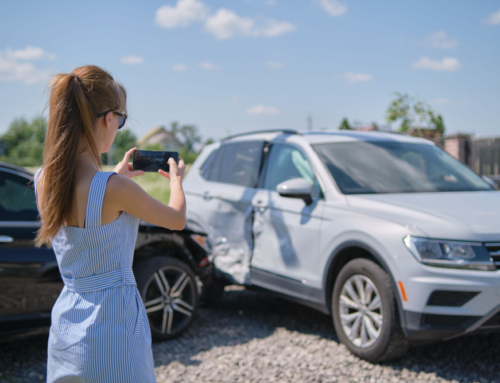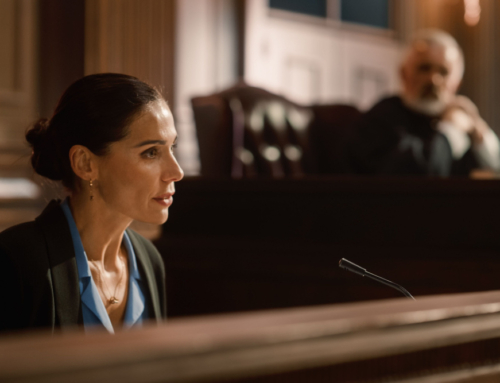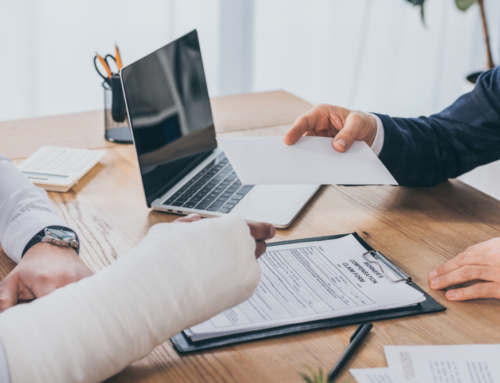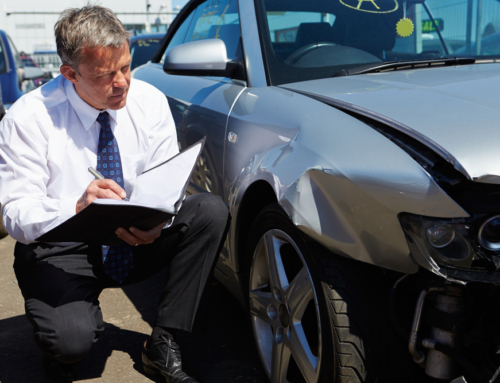Premises liability is one of the many branches of personal injury lawsuits. Typically such cases arise when an individual sustains an injury on someone else’s property as a result of a dangerous or faulty condition of the property. Personal injury lawsuits are primarily centered on negligence. Hence in order to obtain a favorable ruling ,the injured party is required to prove beyond doubt that the property owner was in any way negligent in regards to the unsafe state of the property.
In general terms, negligence legally connotes that the owner didn’t employ reasonable  caution in relation to their property. Nevertheless, the mere fact that you sustained injuries on someone else’s property isn’t sufficient proof that the owner was reckless. You will be obliged to prove that he/she should have been aware of this of this fact, and still didn’t take the necessary actions to make the property safe. Additionally, the fact that the property was in a dangerous state doesn’t imply that the owner was negligent. To this end, it is highly recommended to that you should enlist the assistance of a skilled premises liability attorney who can comprehensively prove that the owner was in the wrong.
caution in relation to their property. Nevertheless, the mere fact that you sustained injuries on someone else’s property isn’t sufficient proof that the owner was reckless. You will be obliged to prove that he/she should have been aware of this of this fact, and still didn’t take the necessary actions to make the property safe. Additionally, the fact that the property was in a dangerous state doesn’t imply that the owner was negligent. To this end, it is highly recommended to that you should enlist the assistance of a skilled premises liability attorney who can comprehensively prove that the owner was in the wrong.
Another important issue in premises liability cases is what is termed as the property owner’s duty of care. Most states legally require property owner to ensure that his/her property is always safe in regards to anyone that may gain entry into it. However, some states enforce an old law that can limit the owner’s duty depending on the status of the injured party. In such scenarios the status is divided into 3 categories, which are invitees, licensees and trespassers.
An invitee is an individual who has the owner’s consent to be on the property such as relatives or friends. In such a case the owner is legally mandated to keep their property in a safe condition to such persons. A licensee is an individual that has the owner’s consent to be on the property for their own personal intentions like a salesman. In such scenarios the owner is legally obliged to alert such persons of any dangerous situation on their property that can give rise to potential injuries. Only if he/she is aware of the condition or the licensee isn’t in a position to discover it.
A trespasser is an unauthorized individual who doesn’t have the owner’s consent to be on the property. In such cases the owner isn’t legally liable for any injuries a trespasser may sustain, unless the latter is a minor. In this scenario is required to employ caution to prevent predictable injuries that arise from artificial conditions like swimming pools. Due to the intricate nature of such legislations, it is always advisable to get counsel from an experienced premises liability attorney on the right course of action to pursue.
Some of the common examples of these lawsuits includes slip and fall that is the most uncomplicated. The property owner is held legally liable if you trip and fall on defective staircases, snow or ice buildup, wet or oily floors, unsecured rugs or carpets and so on. Building security is another type of premises liability. Generally, apartments or office blocks owners are required to provide sufficient security to such properties.
If a burglar gains entry to a tenant’s home, or they get assaulted or murdered, the owner can be slapped with a premises liability lawsuit. If the affected person or their family can prove he/she didn’t take the necessary steps to prevent such mishaps. Finally, swimming pools accidents usually involve children and unattended or unsecured pools. Most states require that such utilities should be fenced and have a lockable gate. If the gate is left open or unattended, the owner can be held liable for prosecution.







